🧵 View Thread
🧵 Thread (30 tweets)

Dan Pink, To Sell Is Human [2012] https://t.co/nDij0Jnk0i
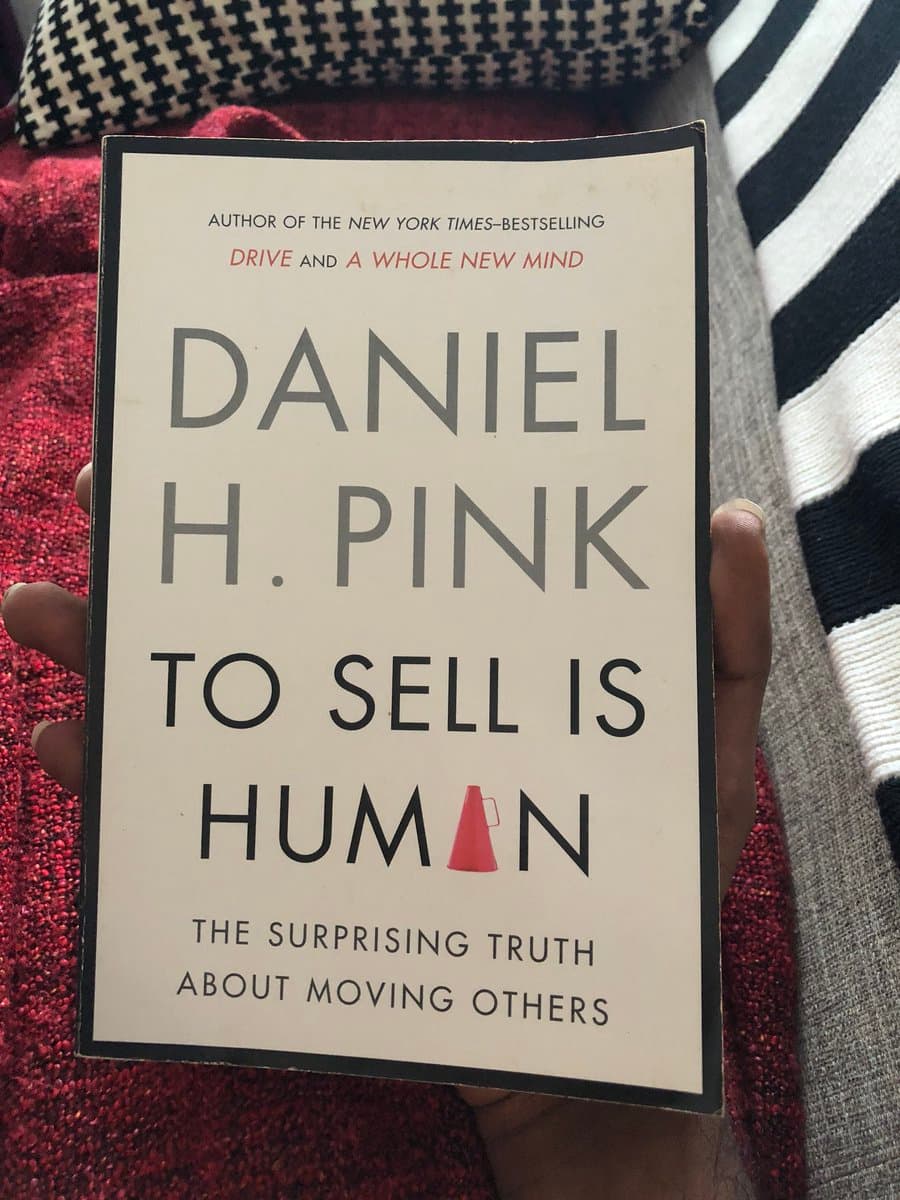

“I don’t sell minivans [...], but I spend a significant portion of my days trying to coax others to part with resources.” - convince editor to abandon a story - a prospective business partner to join forces - an organization to shift strategies - asking agent for window seat

Some see sales as - unintellectual: task for “slick glad-handlers who skate through life on a shoeshine and a smile” - dodgy, slippery, characterised by deceit and trickery - white-collar equivalent of toilet-cleaning: necessary but unpleasant and a bit unclean

Pink’s ABCs of sales: Attunement: sales is a lot about listening Buoyancy: grittiness of spirit and sunniness of outlook, confronting an ocean of rejection Clarity: capacity to make sense of murky situations, “problem finding” rather than problem solving

Persuasion is everywhere: Physicians sell patients on a remedy Lawyers sell juries on a verdict Teachers sell students on the value of paying attention in class Entrepreneurs woo funders Writers sweet-talk producers Coaches cajole players

(A thought as I’m reading: this class of book spends lots of time and space trying to convince me of the validity of their statements. I feel like I’s actually prefer these to be footnotes; I’m more interested in a high-res story than in the details of research that informed it)

The web seems to have killed off specialist commodity salespeople (Encyclopedia Britannica, Fuller Brushes) but has gotten lots of everyday folks participating in the marketplace, selling all sorts of things directly to each other (Etsy, Ebay, Instagram...)

The value and elegance of great customer support can move wavering buyers to make a purchase - yes this is true in my experience, even as someone who generally avoids making support calls/requests as much as possible. Good support when you need it is so critical and praiseworthy

Cute stories of a teacher who persuaded a kid to write essays by asking him to write about why his favourite football team is superior to his least favourite team, and a nurse who tells her patients “I need your expertise”

Word cloud of adjectives most frequently used when people are prompted to think about sales https://t.co/XDoNf2Q2TL
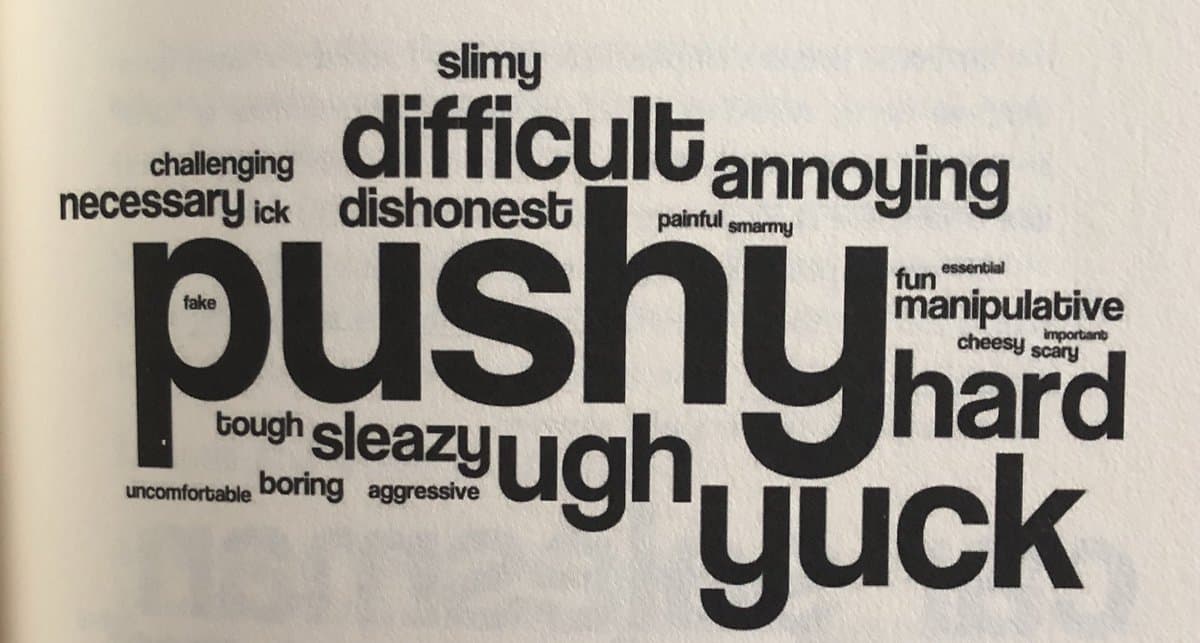

1967: George Akerlof, 1st year econs prof at UC Berkeley wrote 13 page paper about used car market 2 journals rejected it for being trivial 3rd rejected it for being mistaken 1970: published by Quarterly Journal of Economics Became one of most cited papers 2001: Nobel Prize

Story about Joe Girard, master car salesman - gives $50 for referrals - lies about having been wherever his prospect has been - cold-calls with “your car is ready”, then asks “when will you be in the market for a car next” then actually follows up 6mo later - now teaches others

He’s also obsessive about service, and says “people want a fair deal from someone they like” - but Pink ultimately describes his worldview and tactics as dated, like a soldier stuck on a remote island not knowing the war is over

Alt story: Tammy Darvish “In many cases the customer is more educated than we are” Questions? “Let’s go to Chevy dot com and figure out the answer together” “You can’t train somewhere to care” “What if this was my own mom sitting there trying to get service / buy a car?”

Pink talks about social cartography – understanding who has the power and who makes the decisions in a group. He suggests doodling a diagram in a meeting, marking an X next to each person's initials to see who's talking the most, and drawing arrows when it's directed at a person https://t.co/FF1w5uxw9j
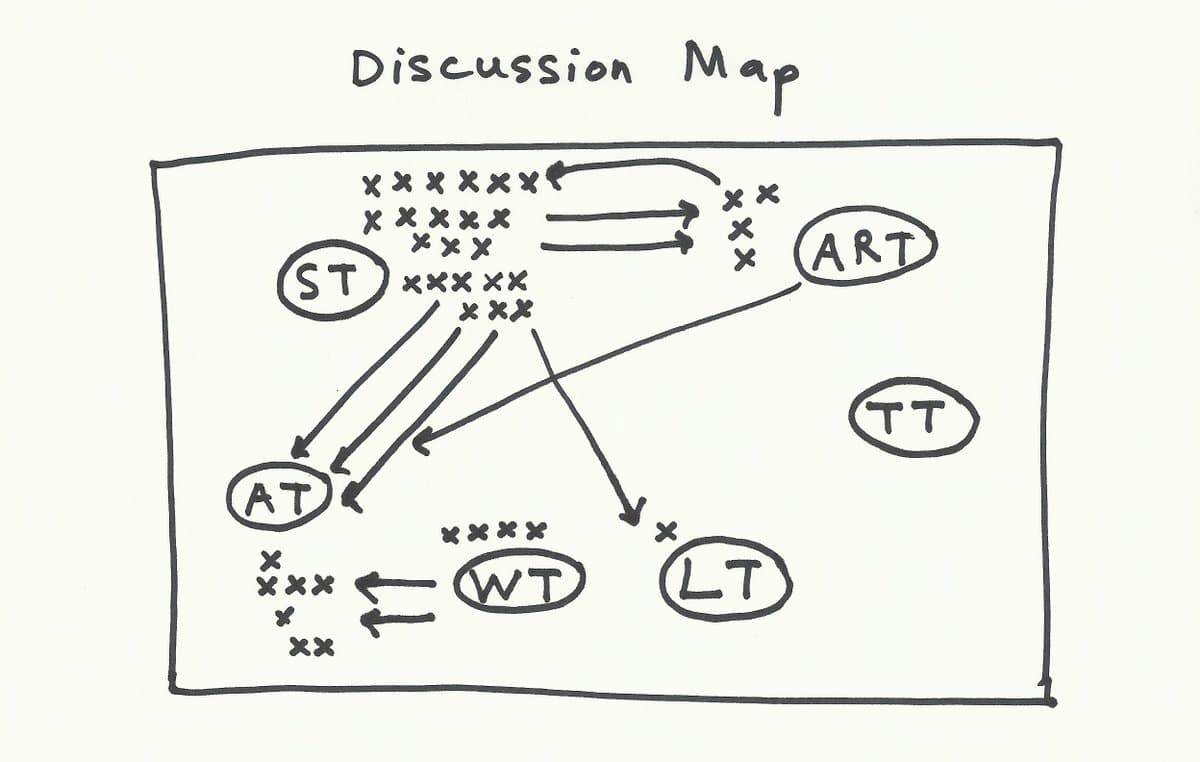

he also suggests making a "mood map", which reminds me of Paula Scher describing how the mood changes when you're making a pitch, and how you need to know when to stop on a high point. Pink suggests using a number scale – are people positive/open or negative/resistant? https://t.co/iV5VFto3hi
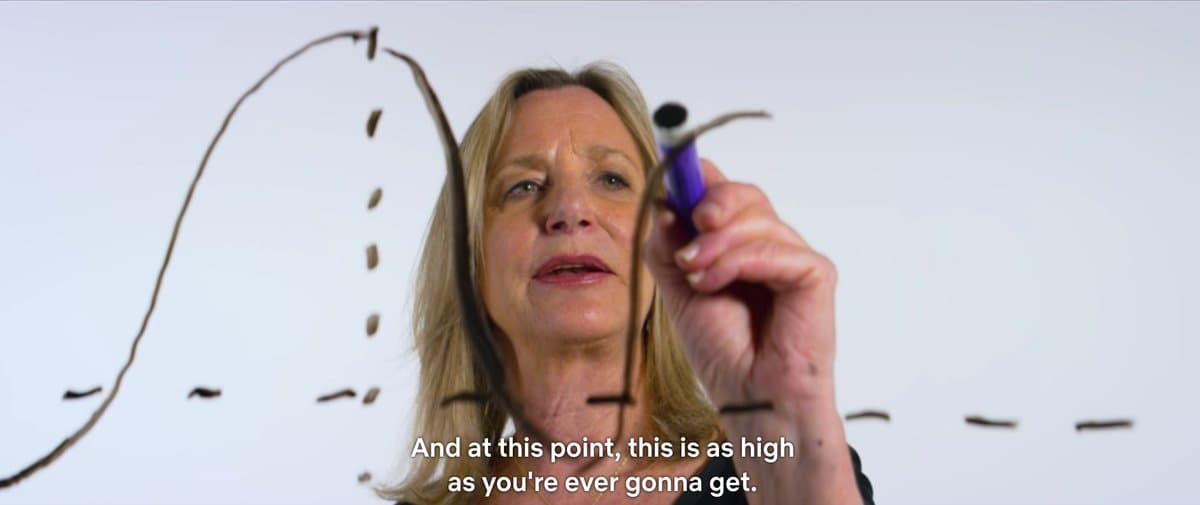

Some people recommend that salespeople pump themselves up out of proportion – "I am nature's greatest miracle", etc."Declaring an unshakable belief in your inherent awesomeness." Pink instead recommends emulating Bob The Builder. "Can we fix it? Yes we can!" https://t.co/8HSz654SBy


Pink talks about Seligman's Learned Helplessness, and how people who give up easily have an internal narrative where bad events are - permanent/enduring - pervasive/unavoidable - personal "it's my fault, it's going to last forever, and it's going to undermine everything I do"

Pink recommends writing yourself a preemptive rejection letter for whatever you're anxious about, with all the irritating phrases like "after careful consideration", "we regret to inform you", "we had many qualified applicants". 😂 Takes away the sting + might even challenge you!

When information is ubiquitous, the premium is now on "the ability to hypothesize". Lots of people can solve a stated problem, but not all of them are good at recognizing a superior way of reformulating a given problem. Asking good questions, uncovering possibilities

"Compared to what?" I feel this very strongly in a lot of different contexts I've been in: people get very invested in something, and fail to recognize that they're invested in the exact same thing as everyone else next to them, in the same way, creating a monotonous marketplace

Pantalon's two-question technique: "On a scale of 0 to 10, how ready are you to study?" (nobody says 0) "Why didn't you pick a lower number?" This turns no into maybe -> moves from defending current behavior to articulating why, at some level, you want to behave differently

Something Pink remembers from Prof. Harold Hongju Koh, when he was a law student (he'd forgotten almost everything else): when you want to understand the law, or anything else, the key is to focus on the 1%. Don't get lost in the crabgrass of details – think about the essence

(That is exactly what I was getting at with the "I want the high-res story, not the research details" tweet earlier! So meta and trippy.) https://t.co/Vu19LyXAtO


1853: Elisha Otis does a live demonstration in NYC's largest convention centre. He builds an open elevator platform, gets an assistant to hoist him 3 stories up, then slashes the rope suspending the elevator. Audience gasps, safety brakes engage. the ultimate elevator pitch 😂 https://t.co/LF78gosBHG
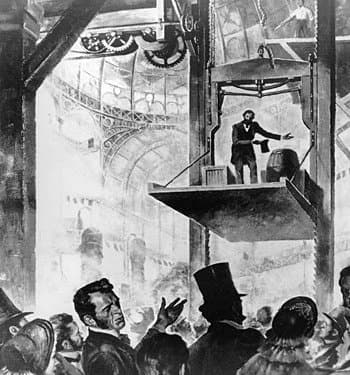

Study about writers pitching executives Stage 1: ✅ passion, wit, quirkiness ❌ slickness, trying-too-hard, too-many-ideas, "uncreative" Stage 2: The best pitchers invite the execs to be collaborators, let them fill in some blanks. Once they do that, they're already invested